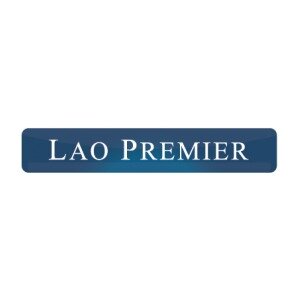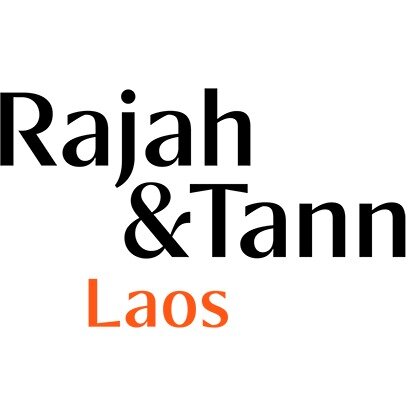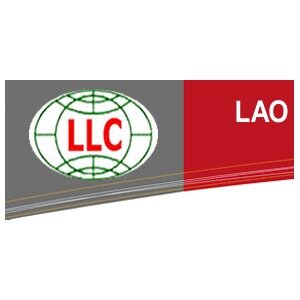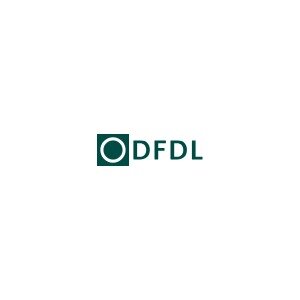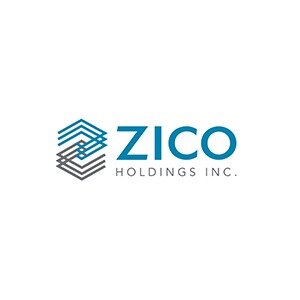Best Energy Regulatory Law Lawyers in Laos
Share your needs with us, get contacted by law firms.
Free. Takes 2 min.
Or refine your search by selecting a city:
List of the best lawyers in Laos
About Energy Regulatory Law in Laos
Energy Regulatory Law in Laos refers to the set of rules and government policies that oversee how energy is produced, distributed, sold, and used within the country. Laos is a key player in Southeast Asia's power sector, notably for its extensive hydropower resources. The government's approach to regulating energy aims to balance economic growth, environmental protection, and the country's commitment to regional electricity trade. The primary legal framework includes licensing procedures, tariff setting, grid access, investment incentives, as well as the oversight of domestic and cross-border energy activities.
Why You May Need a Lawyer
Engaging a lawyer who is experienced in Energy Regulatory Law can be vital in several situations, such as:
- Starting or investing in an energy project, including hydropower, solar, or biomass initiatives
- Navigating licensing requirements and regulatory approvals
- Negotiating power purchase agreements and other related contracts
- Understanding obligations and rights under cross-border electricity trade agreements
- Ensuring environmental and social compliance for energy projects
- Resolving disputes with government authorities, local communities, or business partners
- Addressing land use, compensation, and expropriation issues related to energy infrastructure
- Complying with tax incentives, subsidies, or other government programs aimed at energy development
Local Laws Overview
Laos has developed its legal and regulatory framework for the energy sector with an emphasis on attracting investment and promoting sustainable development. Key aspects include:
- The Electricity Law (as amended) - Outlines the regulations for electricity generation, transmission, distribution, and sales. It specifies licensing requirements, safety standards, tariffs, and protection for both investors and consumers.
- Investment Promotion Law - Provides incentives for foreign and domestic entities investing in the energy sector, such as tax breaks and simplified administrative procedures.
- Environmental Protection Law - Mandates environmental and social impact assessments for energy projects, with provisions to protect natural resources and communities.
- Cross-border Power Trade Laws - Facilitate electricity exports, mostly from hydropower, with regulations designed to ensure fair trade and grid reliability.
- Sectoral Decrees and Ministerial Decisions - Provide detailed procedures for licensing, tariff adjustments, and dispute resolution.
The Ministry of Energy and Mines, along with the Electricité du Laos (EDL), plays a central role in enforcement and oversight.
Frequently Asked Questions
What types of energy projects require a license in Laos?
Any project dealing with the generation, transmission, distribution, or trading of electricity in Laos generally requires a license from the relevant authority, commonly the Ministry of Energy and Mines. This includes hydropower, solar, and other renewable energy initiatives.
Who is the main regulator for energy projects in Laos?
The Ministry of Energy and Mines is the primary regulatory authority, working closely with the Electricité du Laos (EDL) for grid operations and market activities.
What incentives are available for foreign investors in the energy sector?
Foreign investors can benefit from tax holidays, exemptions on import duties for relevant equipment, and streamlined licensing under the Investment Promotion Law.
What is required for environmental compliance in energy projects?
All significant energy projects must undergo an environmental and social impact assessment (ESIA) and obtain approval before proceeding, in accordance with the Environmental Protection Law.
Are power purchase agreements (PPAs) standardized in Laos?
While the government and EDL typically use standardized PPAs for domestic projects, terms can differ based on the nature, scale, and investor negotiations, especially for export-oriented or foreign-invested projects.
Is cross-border electricity trade permitted?
Yes, Laos actively participates in cross-border electricity trade, mainly exporting electricity to neighboring countries such as Thailand, Vietnam, and Cambodia under specific regulatory frameworks.
How are electricity tariffs determined?
Tariffs are usually set by the government based on economic, financial, and social considerations, with input from regulatory authorities and stakeholders. Tariff adjustments require official approval.
What legal recourse is available in case of a regulatory dispute?
Disputes with regulatory bodies can first be addressed through administrative review or appeal processes. If unresolved, parties may seek resolution in the Lao courts or, if stipulated in contracts, through arbitration.
How are community rights and land issues addressed for energy projects?
There are legal procedures for land acquisition or compensation, and public consultation processes are required to address environmental and social impacts affecting local communities.
Can small-scale renewable energy producers feed electricity into the national grid?
Yes, but they must comply with licensing requirements, technical standards, and tariff agreements set by the relevant authorities.
Additional Resources
If you are seeking further guidance or information on Energy Regulatory Law in Laos, consider the following resources:
- Ministry of Energy and Mines - The central government body responsible for policy, licensing, and regulatory oversight
- Electricité du Laos (EDL) - Manages the national grid, PPAs, and customer services
- Lao National Chamber of Commerce and Industry (LNCCI) - Offers support for investors and connects to relevant government contacts
- International organizations - Asian Development Bank (ADB) and World Bank frequently provide reports on the energy sector in Laos
- Licensed Lao law firms - Many firms have specialized departments for energy and infrastructure law. They can provide legal opinions, due diligence, and deal support
Next Steps
If you require legal assistance in Energy Regulatory Law in Laos, consider the following steps:
- Clearly identify your needs, such as licensing support, project development, dispute resolution, or regulatory compliance
- Gather all relevant documents and information, such as business proposals, project plans, or regulatory notifications
- Contact the Ministry of Energy and Mines or EDL for initial guidance on procedures and compliance requirements
- Consult a qualified lawyer or law firm with expertise in energy law and experience dealing with Lao regulatory authorities
- Consider scheduling a consultation to discuss your case, review potential legal strategies, and clarify the costs involved
- Stay updated on regulatory and policy changes, as energy laws in Laos are evolving to match international and regional trends
Taking these steps will help ensure your energy project or investment is fully compliant and safeguarded under Lao law.
Lawzana helps you find the best lawyers and law firms in Laos through a curated and pre-screened list of qualified legal professionals. Our platform offers rankings and detailed profiles of attorneys and law firms, allowing you to compare based on practice areas, including Energy Regulatory Law, experience, and client feedback.
Each profile includes a description of the firm's areas of practice, client reviews, team members and partners, year of establishment, spoken languages, office locations, contact information, social media presence, and any published articles or resources. Most firms on our platform speak English and are experienced in both local and international legal matters.
Get a quote from top-rated law firms in Laos — quickly, securely, and without unnecessary hassle.
Disclaimer:
The information provided on this page is for general informational purposes only and does not constitute legal advice. While we strive to ensure the accuracy and relevance of the content, legal information may change over time, and interpretations of the law can vary. You should always consult with a qualified legal professional for advice specific to your situation.
We disclaim all liability for actions taken or not taken based on the content of this page. If you believe any information is incorrect or outdated, please contact us, and we will review and update it where appropriate.
Browse energy regulatory law law firms by city in Laos
Refine your search by selecting a city.



